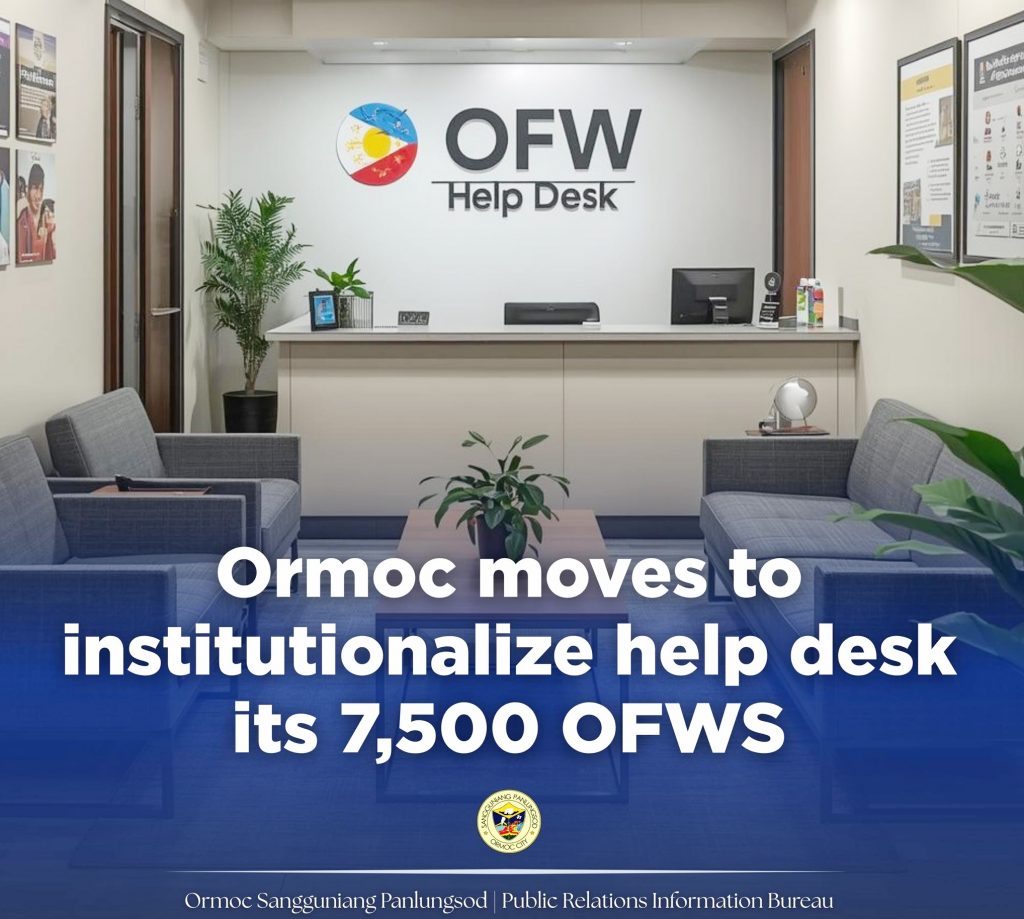
When the Department of Education confirmed that it is studying a shift to a trimester school calendar for basic education, the reaction was immediate and divided. I find the proposal bold, even tempting—but also risky in ways that cannot be ignored.
The present system, still recovering from pandemic disruptions and repeated calendar adjustments, is hardly a picture of stability. A trimester scheme promises shorter terms, more frequent breaks, and potentially better lesson pacing. In theory, that could mean less burnout for learners who now endure long, uninterrupted stretches of classes, especially in overcrowded public schools. Three terms may allow students to regroup, breathe, and return sharper. That rhythm, if carefully designed, might help attention spans that are already strained by gadgets, heat, and the sheer density of the curriculum.
Yet I cannot dismiss what this would demand from teachers. Teaching is not just delivery of lessons; it is planning, checking, meeting parents, filling out forms, and coping with endless administrative requirements. A trimester setup compresses time. Fewer weeks per term could mean faster coverage of competencies, tighter deadlines, and a race against the calendar. Without serious streamlining of paperwork and non-teaching tasks, the burden could intensify. The promise of “more breaks” may dissolve into shorter recovery periods between equally exhausting sprints.
Parents would also feel the shift. Many families plan work schedules, vacations, and even farm cycles around the school year. A trimester calendar could interfere with long-standing routines. Tuition and miscellaneous fees in private schools might be divided differently, which can affect household cash flow. On the other hand, more frequent breaks might give families regular windows for rest or bonding, instead of waiting for one long summer that sometimes arrives when everyone is already drained. For working parents, predictability will matter more than novelty.
There is also the question of facilities. A trimester system could, in principle, make better use of classrooms by redistributing schedules and possibly easing congestion if paired with other reforms. But if the number of students per room remains high and infrastructure gaps persist, the calendar alone will not cure overcrowding. Changing the rhythm of the year does not automatically build more classrooms or hire more teachers. Reform cannot be cosmetic; it must be structural.
I see a potential academic gain in pacing. Three grading periods might allow clearer checkpoints for mastery. Students who struggle in the first term would not have to wait too long for a fresh start. Remedial programs could be embedded between terms. Countries and universities that use trimester systems often argue that learning becomes more focused because each term has a defined arc. Still, basic education is not the same as college. Younger learners need continuity and routine. Too many breaks, if poorly timed, can disrupt momentum.
Another angle deserves attention: climate and health. The Philippines regularly suspends classes due to typhoons and extreme heat. A more flexible calendar divided into three parts might allow adjustments without throwing the entire year off balance. If a disaster disrupts one term, the damage is contained. In that sense, a trimester scheme could be a practical response to the realities of geography and weather. But flexibility must be backed by clear contingency plans, not improvisation.
Ultimately, I do not reject the idea outright, nor do I embrace it blindly. A trimester system could offer relief, focus, and resilience—but only if accompanied by real investment in teachers, facilities, and curriculum review. Without those, it risks becoming another reform that looks decisive on paper yet leaves classrooms gasping. If the shift proceeds, it must be gradual, consultative, and data-driven. Education reform is not a fashion statement; it is a long covenant with children, and it deserves patience as much as courage.









